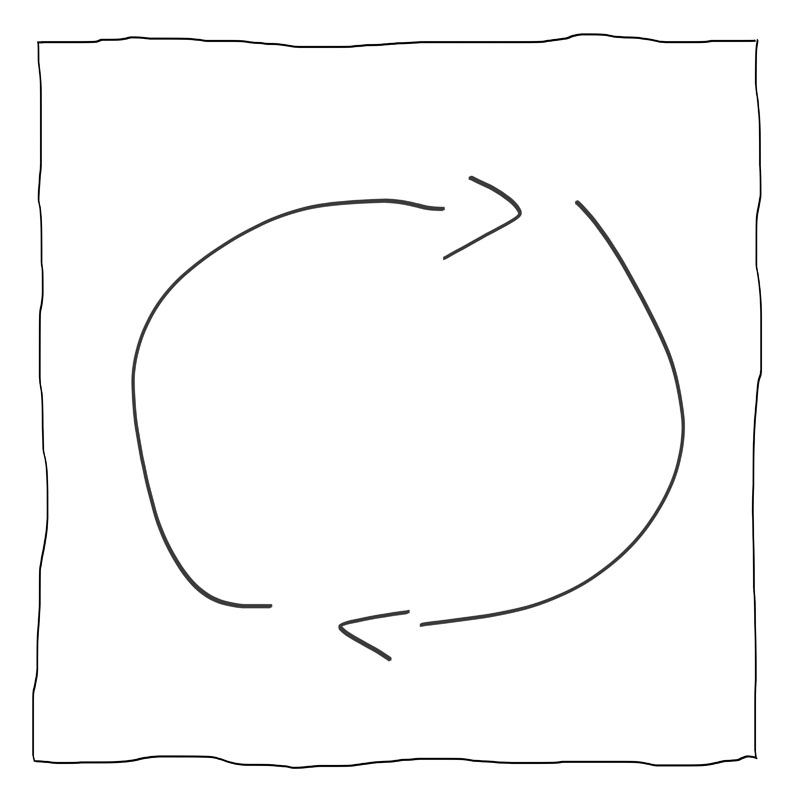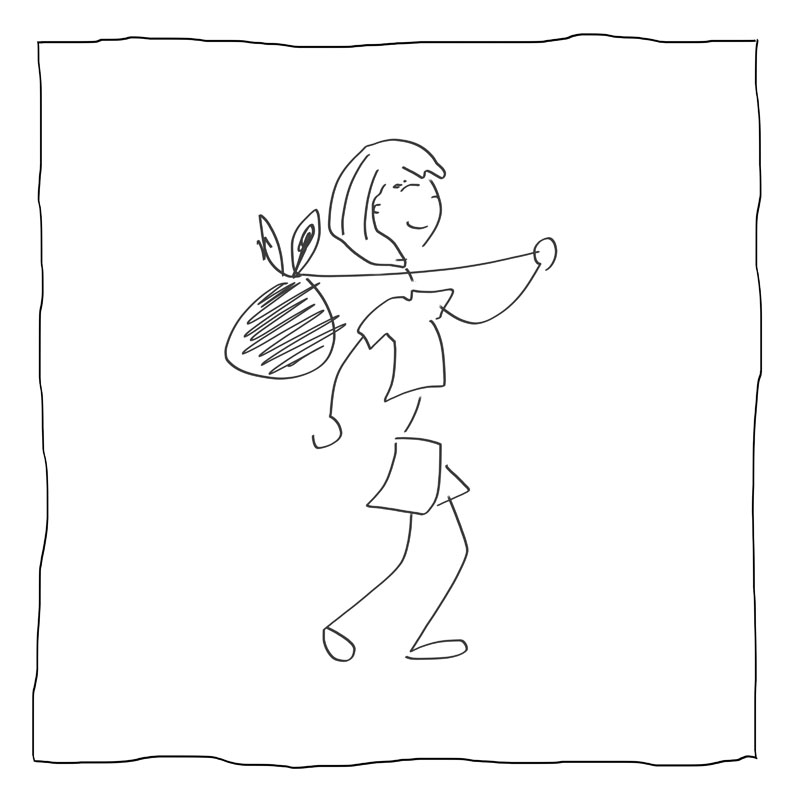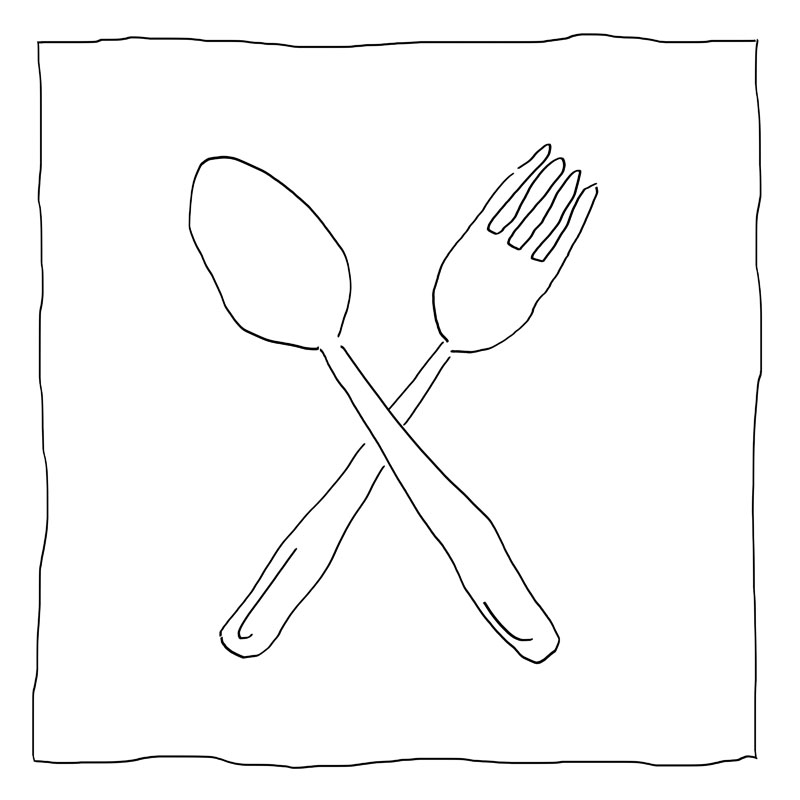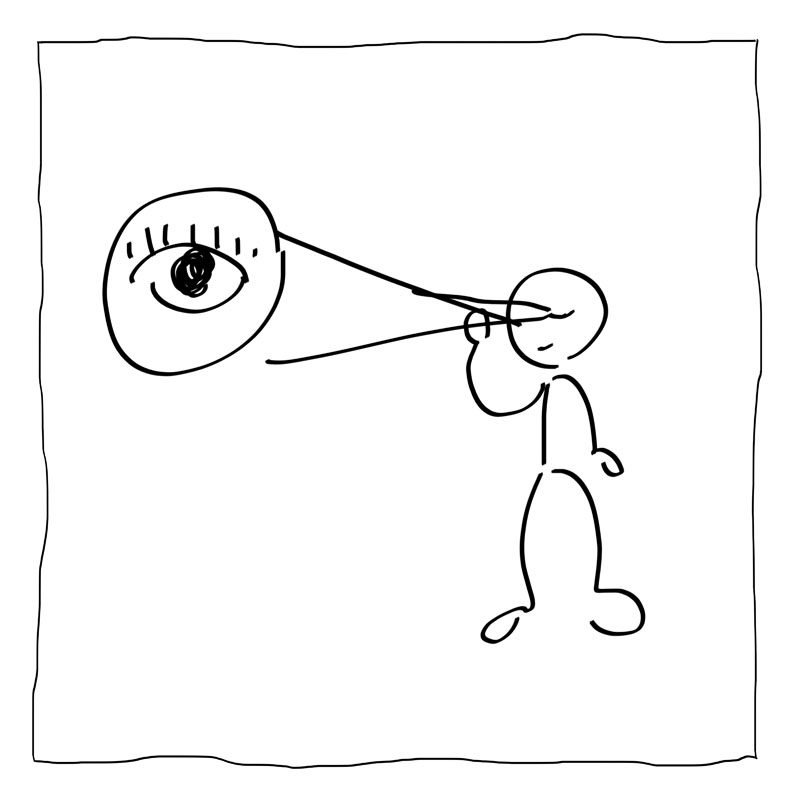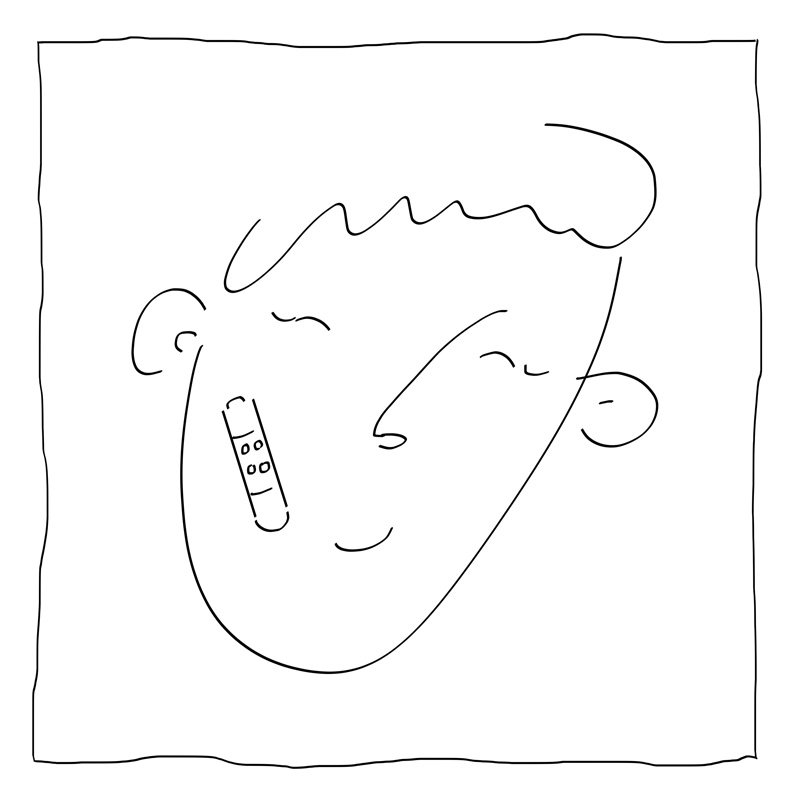Rumination
Rumination is the focused attention on the symptoms of one’s distress and the possible causes and consequences, as opposed to its solutions.
Nolen-Hoeksema
Ruminating, therefore, is unconstructive & unproductive (or even hurtful) repetitive thinking.
Sometimes rumination is a reaction to a negative mood, sometimes to simply deciding that you have “failed” to make satisfactory progress towards a self-set goal.
Rumination is a fancy psychological word for worry, and as such is directly related to anxiety and other negative emotions.
Put an end to rumination. Here are some tips.

